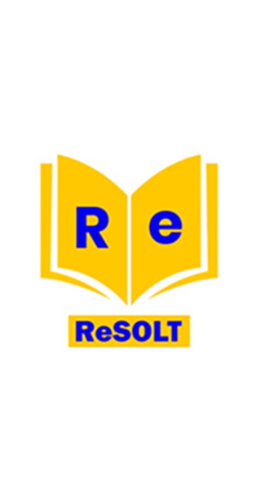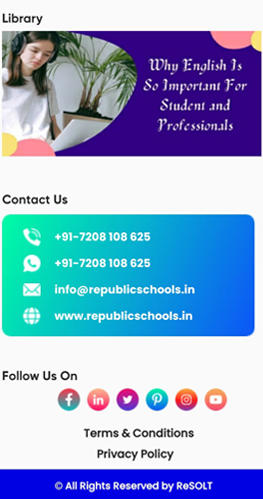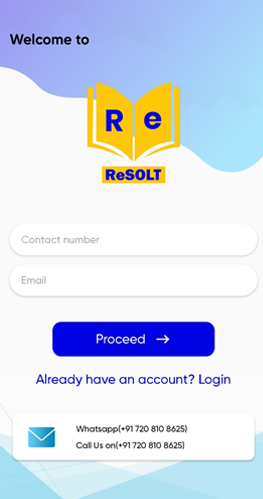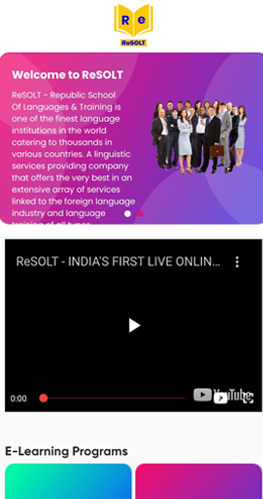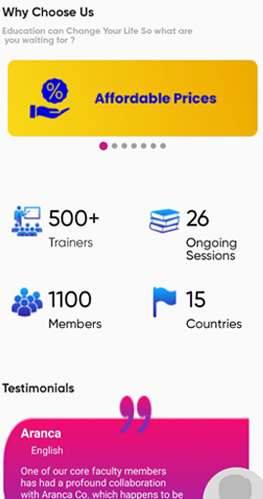Learning German language can be both exciting and challenging. Germany, known for its rich cultural history and linguistic complexity, is no exception. Whether you’re learning German for travel, work, or personal interest, this guide will provide a solid foundation to start your journey. Here’s a beginner-friendly approach to learning German, with practical tips and resources.
Why Learn German?
German language is the most widely spoken native language in Europe and is the official language of Germany, Austria, and Switzerland. Additionally, it is one of the most popular foreign languages taught worldwide. Learning German can open doors to many opportunities, including travel, business, academic pursuits, and cultural understanding. People are choosing German classes or German courses to learn German.
Here is the German language learning Guide For Beginners
1. Start With Basic German Phrases and Pronunciation
Starting with some basic phrases can help you build confidence and get accustomed to the sounds of the language. Here are a few essential phrases:
Hello: Hallo
Goodbye: Auf Wiedersehen
Please: Bitte
Thank you: Danke
Yes: Ja
No: Nein
My name is…: Mein Name ist…
How are you?: Wie geht es Ihnen?
German pronunciation can be tricky for beginners, including sounds not found in English. Pay special attention to the pronunciation of letters like “ch,” “r,” and “ü.”
2. Consider Grammar Basics
German grammar is known for its complexity, but understanding the basics can make learning easier. Here are a few key points:
Nouns and Articles: German nouns have genders (masculine, feminine, and neuter) and are always capitalized. The articles “der,” “die,” and “das” correspond to these genders.
Cases: German has four cases (nominative, accusative, dative, and genitive) that affect the articles and pronouns used. Learning the function of each case is crucial for sentence structure.
Verb Conjugation: Verbs in German change form based on the subject and tense. Regular verbs follow consistent patterns, while irregular verbs require more memorization.
Choosing the right German classes in Mumbai or German courses in Mumbai is a great option to start learning.
3. Build Your Vocabulary
A strong vocabulary is essential for language proficiency. Start with common words and phrases used in everyday conversations. Flashcards, language apps, and vocabulary lists can be incredibly useful tools.
4. Language Immersion
Immersion is one of the most effective ways to learn a new language. Surround yourself with German as much as possible:
Watch German TV shows, movies, and YouTube channels.
Listen to German music and podcasts.
Read German books, newspapers, and websites.
Practice speaking with native speakers through language exchange programs.
5. Language Learning Resources
There are numerous resources available to help you learn German:
Online Courses: Websites like ReSOLT offer structured courses for all levels.
Textbooks: Books such as “Deutsch: Na klar!” and “German Made Simple” provide comprehensive lessons and exercises.
Language Apps: Apps like ReSOLT, Duolingo, Babbel, and Memrise offer interactive lessons and practice.
6. Practice Regularly
Consistency is key in language learning. Set aside time each day to practice German, even if it’s just for a few minutes. Daily practice helps reinforce what you’ve learned and keeps your skills sharp. You can also enroll in the best German institute in Mumbai to practice regularly.
7. Travel and Cultural Exposure
If possible, travel to a German-speaking country to immerse yourself in the language and culture. Experiencing everyday life in a German-speaking environment can significantly boost your language skills and provide practical learning opportunities.
8. Stay Motivated and Have Fun
Language learning can be a long process, so it’s important to stay motivated. Set achievable goals, celebrate your progress, and find enjoyable ways to practice. Watching a German film, cooking a German recipe, or singing along to German songs makes learning fun and engaging.
Conclusion
Learning German can be a rewarding experience that opens up new cultural, professional, and personal opportunities. By starting with the basics, immersing yourself in the language, and using various resources, you can build a strong foundation and continue to grow your skills. Remember, consistency and practice are key.














